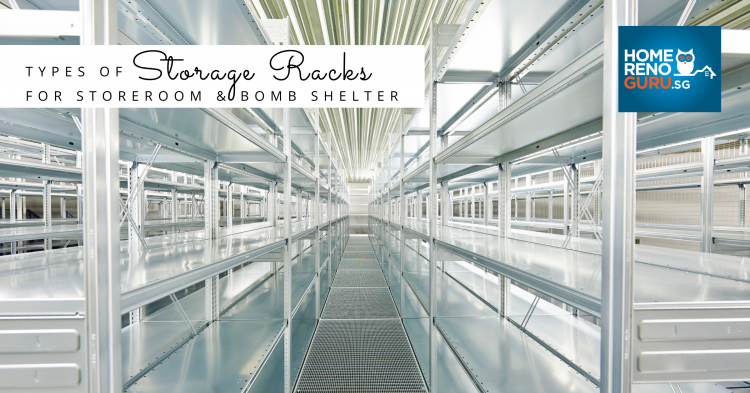Why You Should Do An Indoor Air Quality (IAQ) Assessment Before Moving In
29 Nov 2022
Moving house is a big project and the checklist always only seems to get longer. While homeowners diligently inspect their new homes for critical visible defects such as wall cracks or pipes leakage, one thing that is invisible but essential is often overlooked – indoor air quality (IAQ).

Here are 5 common sources affecting the air quality in your new home:
- Furniture and Cabinetry
New furnishing and finishes can release harmful chemicals (volatile organic compounds) into the air for years through a process called off-gassing. Excessive concentration of volatile organic compounds (VOCs) can have adverse health effects – long-term exposure to VOC vapours can cause eye, nose, and throat irritation; headaches and loss of coordination; nausea; and damage to the liver, kidneys, or central nervous system. For example, formaldehyde is a colourless, flammable, strong-smelling chemical that is used in resins (i.e., glues) found in manufactured wood products such as desks, beds, cabinets, and more.
- Paint
Many paints contain VOCs; the fumes from a fresh coat of paint may cause symptoms including lung irritation, headache, dizziness, and vision problems. Some people may experience more symptoms than others depending on their level of exposure and any prior health conditions.
- Flooring
Vinyl is a popular flooring option in Singapore homes due to it being budget-friendly, durable and low-maintenance. However, most vinyl flooring, made from reprocessed plastic, contained toxic phthalates, lead, cadmium, brominated flame retardants, and other toxic chemicals – these chemicals can contribute to indoor air pollution by drifting out of the flooring and into the air and dust inside homes. In addition, certain laminate flooring is found to contain high levels of formaldehyde.
4. Moulds
Moulds produce allergens, irritants, and in some cases, potentially toxic substances (mycotoxins). Mould can cause detrimental health effects, especially for children or people with pre-existing health conditions. Asthma is the most common health issue associated with long-term indoor mould exposure.
5. Air Conditioners
If the air in your home is polluted with VOCs and allergens, your air conditioner is likely worsening the situation. Also, if the air conditioner is poorly maintained, for example if it is leaking any excess fluid or has more condensation than usual, it may be harming your indoor air quality as well.
Hence, to safeguard your family’s health and ensuring an optimum living space, it is essential to have professionals like Newway to perform an indoor air quality assessment before moving in.
Newway is a Singapore company with three decades of expertise in both residential and commercial air conditioning systems. The company is BCA and NEA registered, and has won several industry accolades and its portfolio includes big brands across different sectors, such as Audi, Changi Airport Group, Gleneagles, Honeywell, Keppel Land, Marina Bay Sands, SPH and more.

With strong capabilities in air conditioning servicing, Newway has recently expanded its services to provide a one-stop solution that includes indoor air quality testing and management, all in accordance to the guidelines of WSHC and Singapore Standards. Costing from S$80 onwards, homeowners have the choice to perform a general IAQ assessment or a detailed one where markers are sent to laboratory for testing. Some of the parameters being tested include formaldehyde, total volatile organic compounds, respirable suspended particles, total viable bacterial count and more.
To get a quote for an IAQ assessment for your home, contact +65-6481-0111 or sales@newway.sg. Learn more about Newway services on https://newway.sg.
Exclusive promotion for you:
- Enjoy 10% discount on IAQ assessment – click here to learn more
- Enjoy 10% discount on General Aircon Servicing (click here to find out about the Basic Probiotic HydroClean)
- Enjoy huge discounts and free gifts for the latest Daikin iSmile Eco Series (R32) air conditioners – click here to learn more





